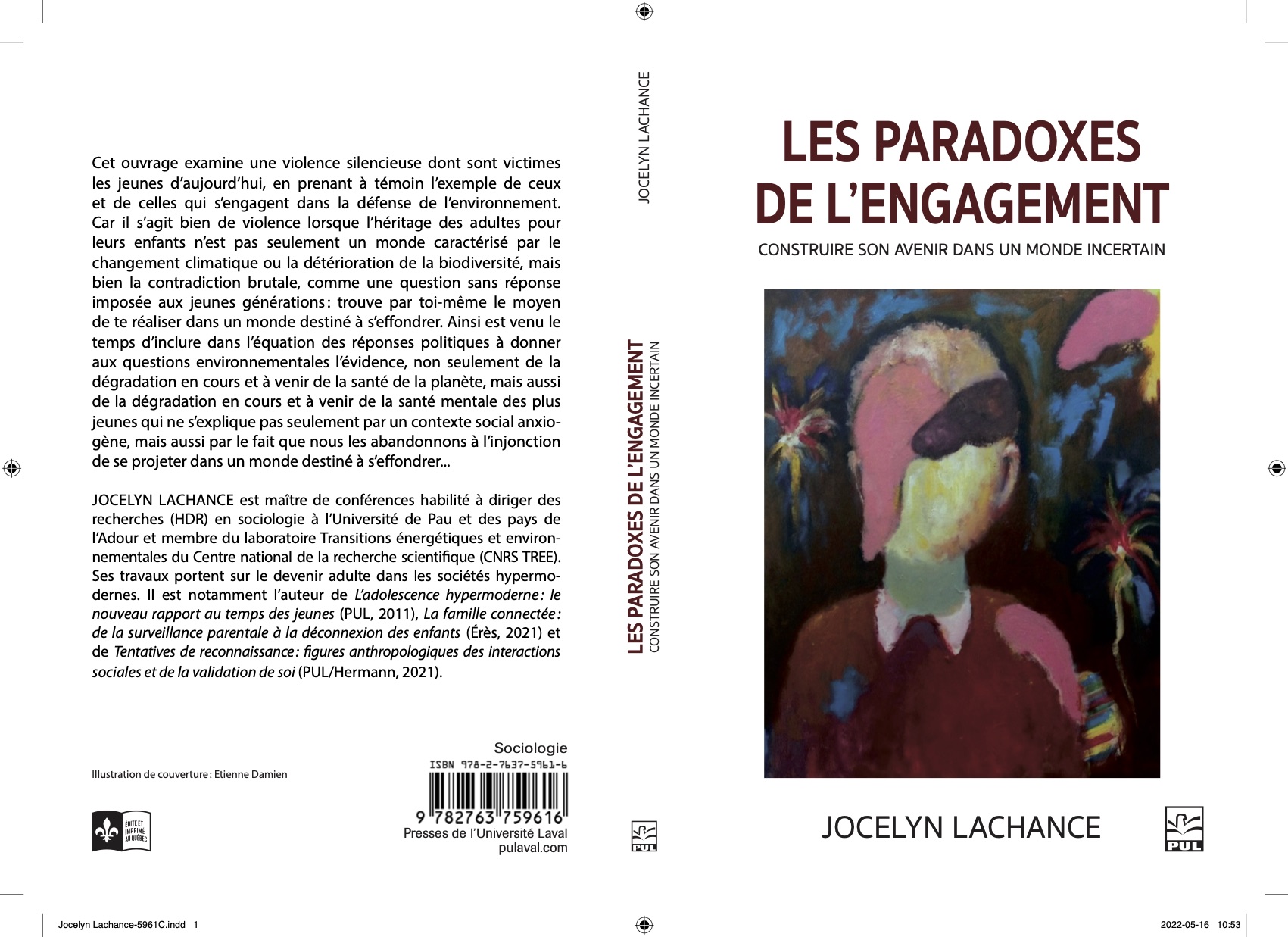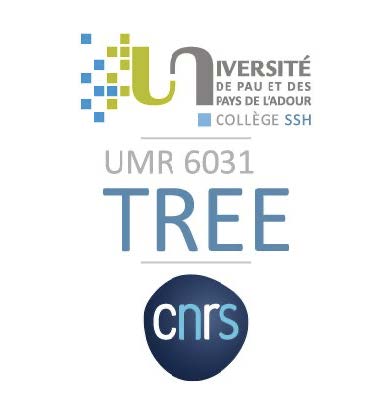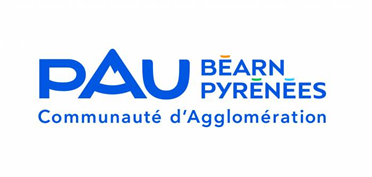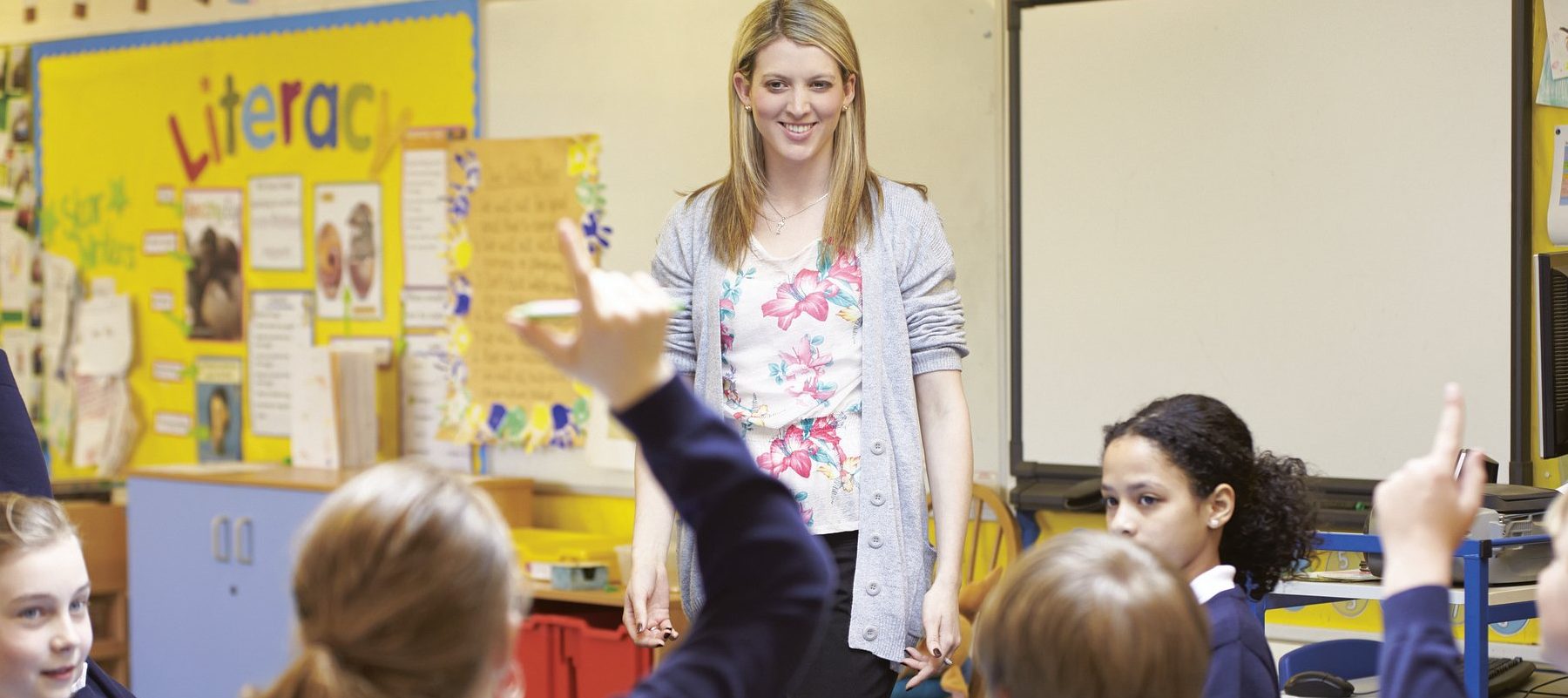Youngs Engagement


Our project
The main objective of our project is to better understand the process of engagement among young people in France.
The COVID-19 health crisis has redefined the context for interpreting information related to environmental issues.
It risks reinforcing the divide between those advocating for a guided solution to the crisis, by an acceleration of environmental and climate transition and, on the other hand, those advocating for rapid economic stabilisation.
The aim of the ECOCOV project is to verify whether the exit from the crisis is still reconcilable with environmental and climate transition by asking general research questions; how does the health crisis contribute to either the weakening or strengthening of civic engagement in favour of environmental and climate transition? What are the obstacles to this civic engagement?
A sequel to ECOCOV?
The ECOSTRESS project…
…
Youth participation in climate protests, school ‘strikes’ on Fridays, ecological action; the participation of the younger generation in environmental issues is clearly visible in the media.
The ECOTIC project aims to study how information and communication technologies (ICT) contribute to the engagement of young people between the ages of 15 and 24. First, it focuses on the notion of commitment, in order to analyze the link with ICT. Then it focuses on both visible (Facebook, Instagram, Twitter…) and invisible (mailing lists, private groups on social networks…) practices.
ECOTIC is a research-action project that includes actors from various professional backgrounds. It draws on the expertise of actors in the field which has been used to set up awareness-raising activities for the younger age groups based on our results.

Our Methodology
Following interviews carried out within the framework of the ECOTIC project (N = 94) with young people aged 15 to 24 declaring themselves “committed to the environment”, we used a mixed methodology for the ECOCOV project, i.e. we conducted a series of interviews (N=49) and a quantitative survey (N=1020).
This
research enabled us in particular to specify quantitatively, what are the
specificities of young people (15-24 years old) compared with the general
population in France with regard to environmental issues. It opened a way for a reflection on the difficulties encountered by young
people who engage in this field.

To be published in October 2022
Lachance, J. (2022), Les paradoxes de l'engagement. Construire son avenir dans un monde qui s'effondre. Québec/France Presses de l'Université Laval/Hermann
Watch our conferences
Conference by Jocelyn Lachance, HDR lecturer in sociology and member of the TREE
laboratory:
The Paradoxes of Engagement [available here]
Conference by Mathias Przygoda, PHD student in sociology, member of the CNRS TREE laboratory:
The reputation of young people in the Youth for Climate movement [available here]

Our Results
This site presents an accessible version of the main results of our research. In each section, suggestions for further reading and/or lectures are made.
To be published in June 2022: The Relationship of Young People to Environmental Issues in France: Are 15-24 Year Olds Different from the General Population?
Research report here to download:

Our team
Our research team is composed of sociology researchers and students, supervisors interested in our work, a technical team, who help us carry out the various stages of the project, and institutional partners.
Our team works in the academic community, with youth professionals and young people themselves in order to disseminate the data from our research projects.
We meet young people in schools and associations.
In the spring of 2022, with the collaboration of various high schools and primary schools (St-John Perse in Pau, St-Joseph in Ustaritz, Lycée agricole Frantsessenia et de Navarre in St-Jean-Pied-de-port, the training center for agricultural apprentices in Hasparren) and our associative partners (Uniscité in Pau, the 100% Transitions Program in Oloron Ste-Marie, Adoenia in Bayonne), we carried out a series of workshops in order to return the data to those who enabled us to carry out our research projects, in other words, the young people themselves!
They meet us…
In an interactive form, our facilitators invite participants to reflect on the form of their commitment, and the obstacles they may face sometimes.
These workshops are scheduled to return again from Autumn 2022.
Contact – jocelyn.lachance @ univ-pau.fr
Il sera possible de bénéficier de ces interventions à nouveau à partir de l’automne 2022.
Contact – jocelyn.lachance@univ-pau.fr

They joined us…
Our thanks to the managers of the TREE laboratory, Célia Guénebaud and Anne Perrin, to our partners at the Pierre Bourdieu Institute of Social Work in Pau, to Sandrine Craveiro from the communication department of the UPPA, to the staff of the Artice of the UPPA as well as to the Nouvelle-Aquitaine Region, main funder of the Ecotic and Ecocov projects.




















